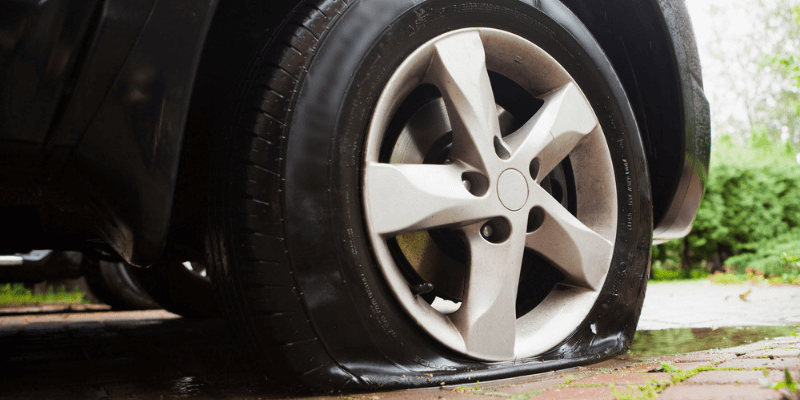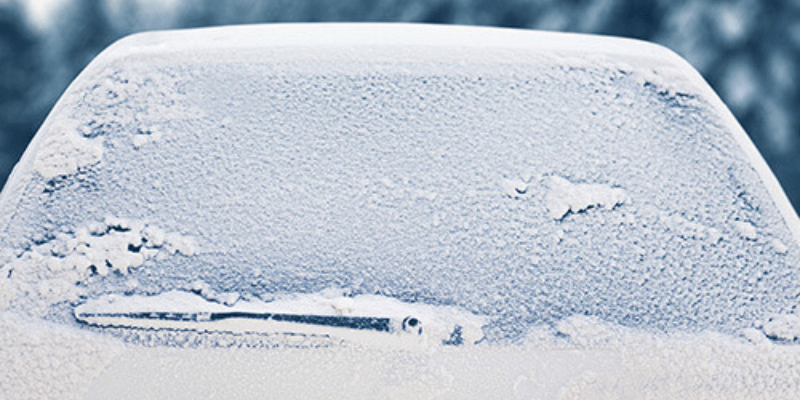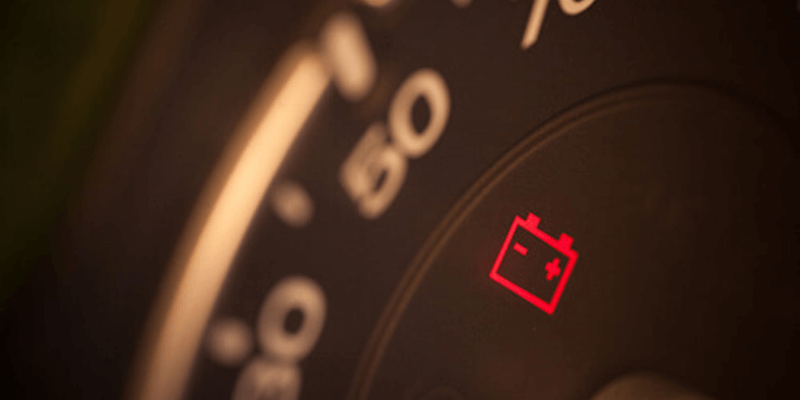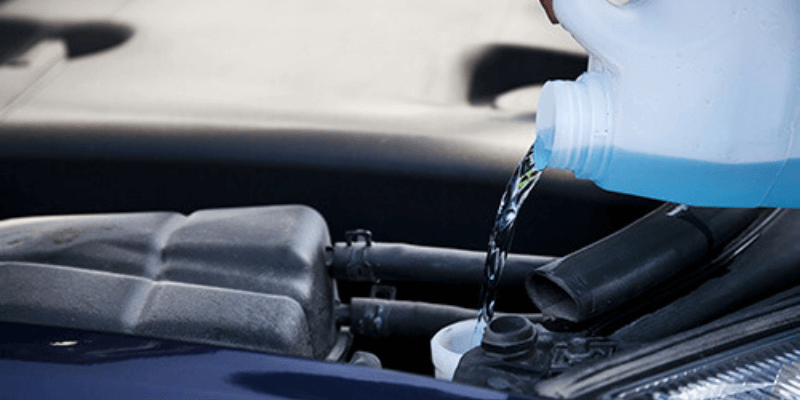 Swipe for more categories
Swipe for more categories 
How to Take Care of Your Car During Winter
Warning: Undefined variable $post_id in /var/www/dsw/wp-content/themes/DriveSmart_2024_v1.1/single.php on line 27
January 16, 2018
Warning: Undefined variable $post_id in /var/www/dsw/wp-content/themes/DriveSmart_2024_v1.1/single.php on line 75
How to Take Care of Your Car During Winter
Warning: Undefined variable $post_id in /var/www/dsw/wp-content/themes/DriveSmart_2024_v1.1/single.php on line 76
January 16, 2018
It is important to perform routine maintenance on your car in areas where the winter becomes especially harsh. Extreme weather conditions lead to more wear and tear on your vehicle, and issues tend to rear their ugly heads much more often when it’s very cold outside. We’ve compiled a list of the most common maintenance issues that drivers will face during the winter season along with their solutions. In addition, we’ve also created a comprehensive guide called car care tips for winter.
What Are Common Car Maintenance Issues During the Winter?
In this guide, we will touch the following common maintenance issues:
- Low tire pressure
- Freezing fuel line
- Frozen windshield wipers
- Faulty or dead battery
- Thickening car fluids
Low Tire Pressure

As the temperature drops outside, the air in your tires becomes more condensed and they begin to lose air pressure. On average, tires lose 1 psi for every 10 degrees that the temperature drops. If you notice some extra bumpiness while driving, or if your tire pressure monitoring light suddenly shows up on your dashboard, it’s likely due to the frigid weather. The good news: this problem is easily solved. Simply check your tire pressure regularly during the winter season, and if you’ve lost some pressure in your tires, be sure to refill them at an air-tire station or take your car into your trusted mechanic.
Freezing Fuel Line

During the winter, the temperature outside is likely to rapidly rise and fall between day and nighttime hours. When this happens, condensation can develop in your fuel line and ice up when the temperature dips below freezing. This can lead to your car becoming inoperable, and it will often need to be towed in for repairs. To prevent this from happening, be sure to keep your gas tank more than half full at all times. You can also purchase and use fuel additives that prevent freezing in cold temperatures, though you should make sure your gas station doesn’t already add antifreeze to its fuel before attempting this solution.
Frozen Windshield Wipers

Windshield wipers quite regularly become frozen to the glass during extremely cold weather. This can render your wipers useless during snow and rainstorms. This also commonly leads to your wipers breaking and tearing when you attempt to use them in their frozen state. It is a good idea to raise your wipers off of your windshield when your car is not in use, and always make sure to run your defrost before attempting to use your windshield wipers in the winter. For good measure, make sure your wiper fluid is approved for cold weather, keep it topped off, and DO NOT ATTEMPT TO POUR HOT WATER ON YOUR WINDSHIELD TO UNFREEZE YOUR WIPERS. Unless you want to replace your windshield, of course.
Faulty or Dead Battery

Car batteries tend to become less responsive and more sluggish during the winter due to lack of insulation and free air passage under the hood. You can purchase a battery blanket to make sure your battery is protected against cold winter winds when your car isn’t in use. Turn your radio and other non-essential electrical systems off when turning off your car so you’ll have an easier time turning the engine over next time you need to use it. You can also purchase dielectric grease for your battery’s terminals to ensure they’re protected in cold weather. If your battery dies, attempt to jump start the car before discarding entirely and replace it as soon as possible. Car batteries tend to last an average of 3-5 years, so try to replace them within that timeframe.
Thickening Car Fluids

Your car’s fluids will change thickness and rise in viscosity during the winter, which can lead to inefficiency and potential damage to the seals and hoses through which they travel. Routinely top off and change your car’s fluids when the weather gets colder, and warm up your car for five or more minutes to thin out the fluids before use. As with the windshield wiper fluid we previously mentioned, make sure your car fluids are approved for cold-weather use, and research additives to prevent freezing in all the lines and hoses that lead to your engine.
Even though the winter season can lead to some potentially daunting complications with your car, all of them are relatively common and easy to avoid. There’s no reason you can’t follow these simple steps above to ensure the health and well-being of your vehicle when the days and nights become chilly and covered with a blanket of snow. For all the other complicated fixes your car might need, pick up an extended warranty plan from DriveSmart. When it comes to your comprehensive protection needs, we’ll never leave you or your car out in the cold.
"> /var/www/dsw/wp-content/themes/DriveSmart_2024_v1.1/single.php on line 177
">
"> /var/www/dsw/wp-content/themes/DriveSmart_2024_v1.1/includes/quote-modal.php on line 8
">


